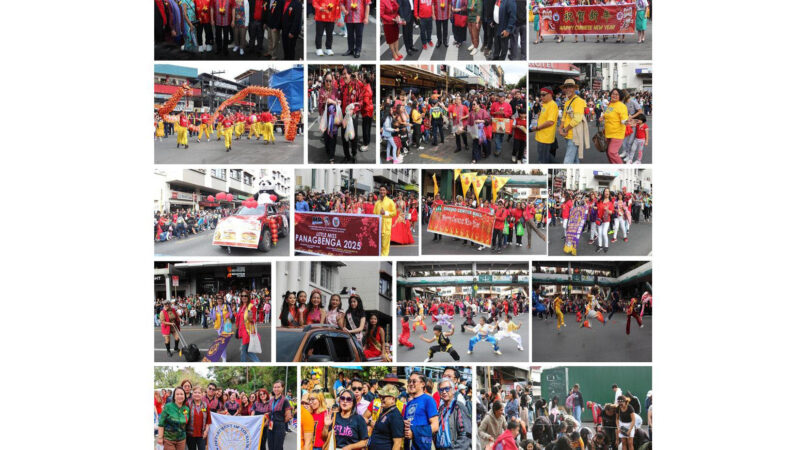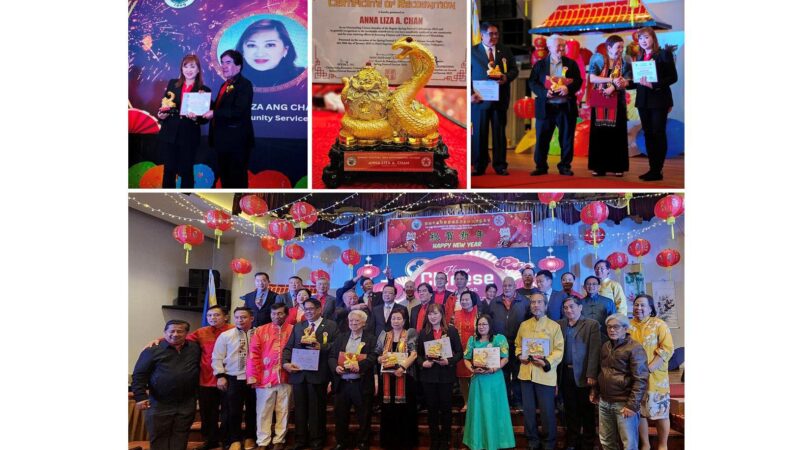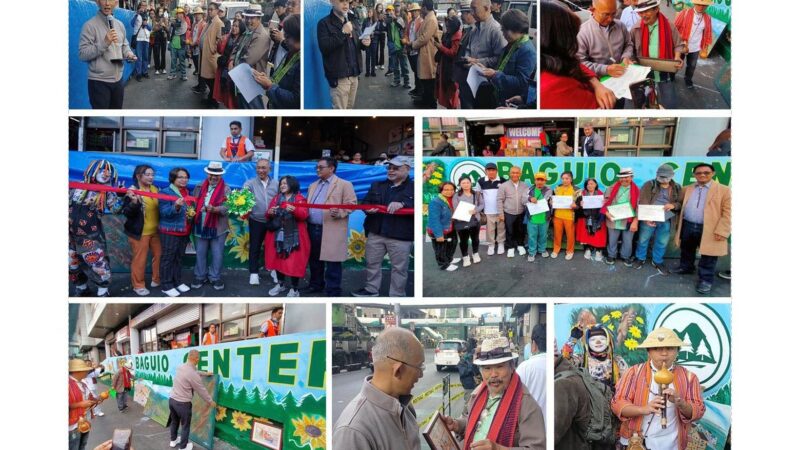Beware of accommodation scams

Mayor Benjamin Magalong and City Tourism Officer Aloysius Mapalo have warned tourists anew against scams on accommodation establishments that continue to victimize unsuspecting visitors.
The mayor said he has been receiving complaints the latest of which involved a scammer who goes by the name Ma Ria in social media who allegedly collected a total of P17,000 from a tourist.
The mayor directed the Baguio City Police Office anti-cybercrime unit to investigate the complaints.
“To the tourists, please do not trust social media advertisements as scammers now use downloaded photos and information of legitimate accommodation establishments (AEs) and pretend to be agents or co-owners. After sending your reservation fee or downpayment, they will block your social media account,” he said.
Mapalo agreed that most of the scamming modus happens on social media.
“While many legitimate businesses engage with their customers through social media, prudence and vigilance on unscrupulous entities must still be observed,” he said.
He advised visitors to transact only with accommodation establishments (AEs) listed under visita.baguio.gov.ph.
“Before sending your downpayment, you may call our 24/7 hotline (074) 446-2009 to verify if the person that you are transacting with is really affiliated with legitimate AEs. We will coordinate with your chosen AE. You may also call or text the following contact numbers: 0956 572 9097 (7am – 4pm); 0956 572 9093 (2pm -11pm); 0956 572 9094 (10pm -7am),” he said.
He also offered some red flags that should warn people:
*TOO GOOD TO BE TRUE TRAVEL PACKAGES: all-in packages (inclusion of transport, accommodation, food, tours, and tickets) that are unrealistically cheap may not be actually real! PSA had estimated that a regular domestic tourist in Baguio spends an average of P2,700.00 per day. So let that be your reference.
*NO BUSINESS PERMIT AND NO OFFICIAL RECEIPT: this should be basic, always ask for copies of business permits and receipts that can be verifiable; the person you are talking with must be associated with the declared legal business, not just any random person declaring to be a representative without proof.
*NO OFFICIAL PUBLIC WEBSITE OR SOCIAL MEDIA PAGE: legit businesses will promote their services on public and well-recognized online platforms, usually with customer reviews and ratings; so do your research, google if you should.
*THEIR SOCIAL MEDIA ACCOUNT IS JUST RECENTLY CREATED: not necessarily all new websites or accounts are illegal, but scammers have the propensity for deleting old accounts and then will create new accounts, using different names every time; so be very scrutinizing.
*OFFERING PROCESSING OF PERSONAL REQUIREMENTS: please know that you alone can register for QTP, perhaps with assistance by legit agents, but not totally without your actual participation; and worst, scammers will offer ready-made IDs, COVID test results, QTPs or any QR codes, and other documents that you should be processing yourself. If done by others, they may be FAKE.
*OFFERING SERVICES THAT ARE ACTUALLY NON-COMPLIANT WITH ENTRY PROTOCOLS: if they tell you that you don’t need to register or undergo triage or will pick you up somewhere near the border to provide an escape route, or offer an illegal accommodation, then you are actually being SCAMMED!
*SHOWING IDs THAT ARE NOT GOVERNMENT-ISSUED: many IDs can just be fabricated and therefore may be fake, better ask for government-issued IDs since they are more verifiable.
*DECLARED ADDRESS IS NON-EXISTENT: scammers will show you fake photos of accommodations in a non-existing address. Be very vigilant, always verify by googling or by asking those who know the place. – Aileen P. Refuerzo







